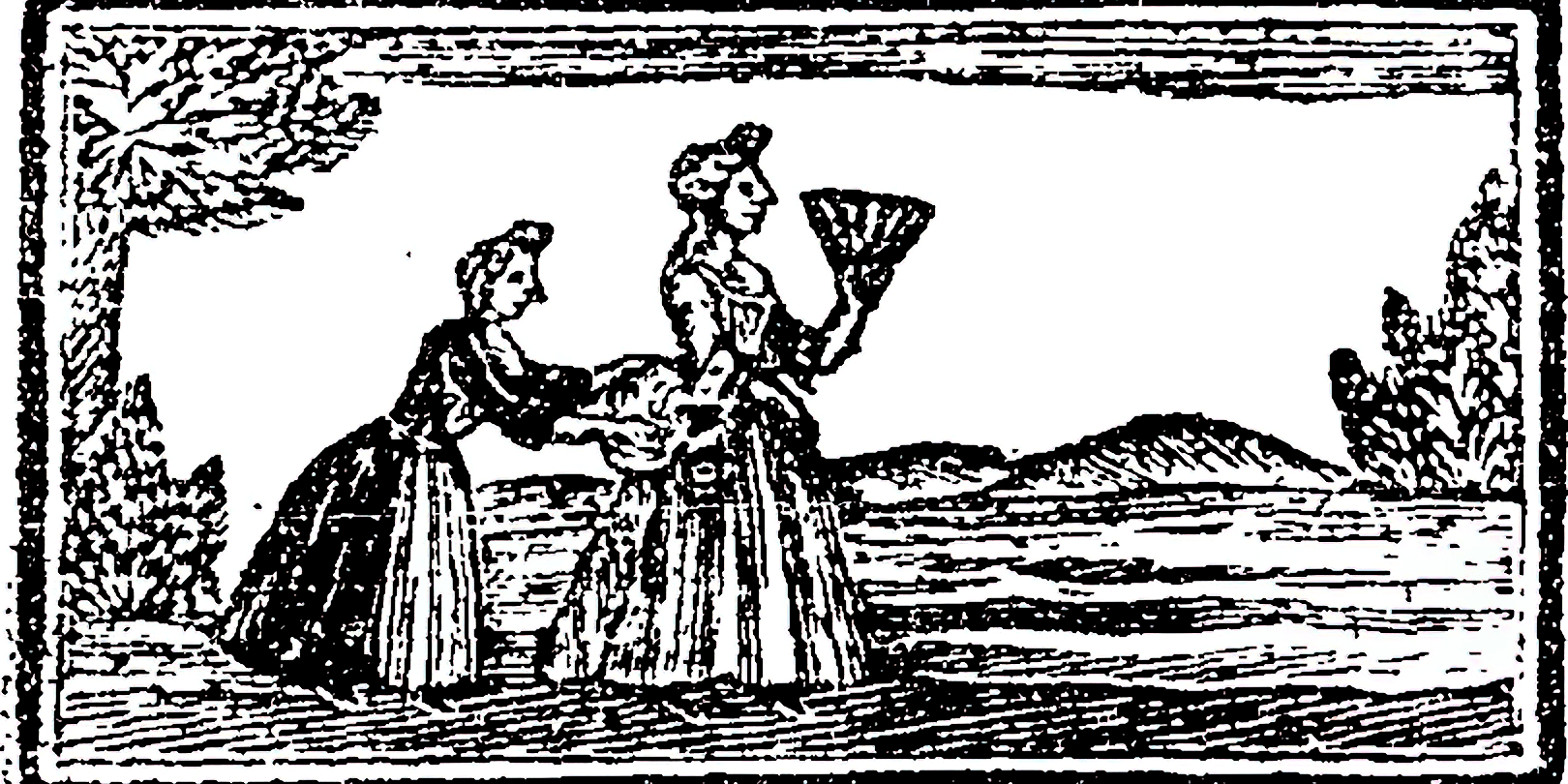Parable of the Poisoned Arrow | MN 63 | Cūḷamālukya-sutta
So I have heard.[…]
Suppose a man was struck by an arrow thickly smeared with poison. His friends and colleagues, relatives and kin would get a field surgeon to treat him. But the man would say: ‘I won’t pull out this arrow as long as I don’t know whether the man who wounded me was an aristocrat, a brahmin, a merchant, or a worker.’
He’d say: ‘I won’t pull out this arrow as long as I don’t know the following things about the man who wounded me: his name and clan; whether he’s tall, short, or medium; whether his skin is black, brown, or tawny; and what village, town, or city he comes from. I won’t pull out this arrow as long as I don’t know whether the bow that wounded me is made of wood or cane; whether the bow-string is made of swallow-wort fibre, sunn hemp fibre, sinew, sanseveria fibre, or spurge fibre; whether the shaft is made from a bush or a plantation tree; whether the shaft was fitted with feathers from a vulture, a heron, a hawk, a peacock, or a stork; whether the shaft was bound with sinews of a cow, a buffalo, a swamp deer, or a gibbon; and whether the arrowhead was spiked, razor-tipped, barbed, made of iron or a calf’s tooth, or lancet-shaped.’ That man would still not have learned these things, and meanwhile they’d die.
In the same way, suppose someone was to say: ‘I will not lead the spiritual life under the Buddha until the Buddha declares to me that the cosmos is eternal, or that the cosmos is not eternal … or that after death a Realized One neither exists nor doesn’t exist.’ That would still remain undeclared by the Realized One, and meanwhile that person would die.[…]
Translation: Bhikkhu Sujato




